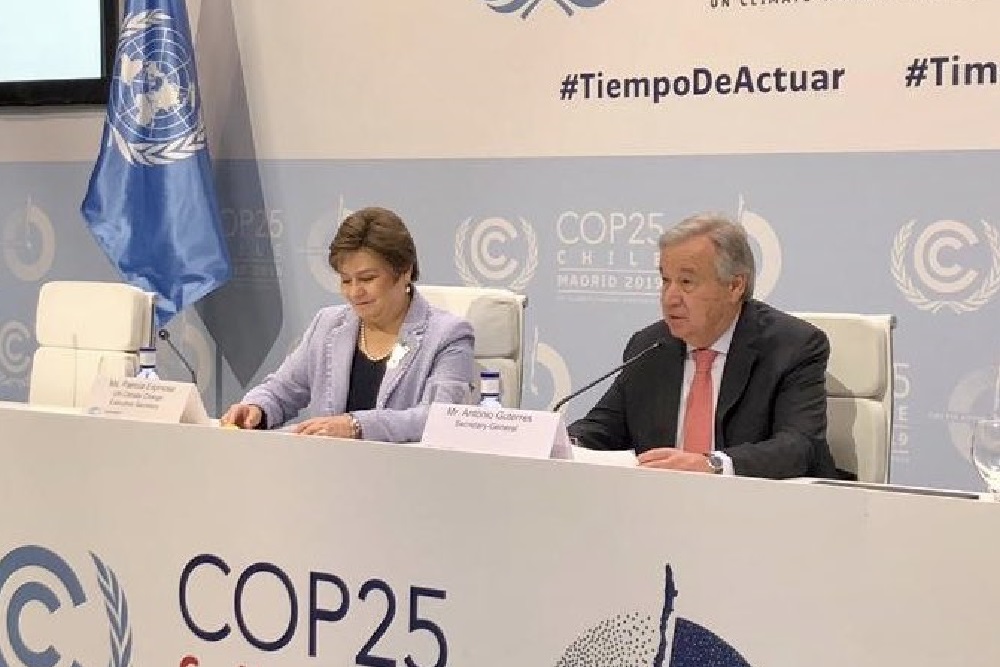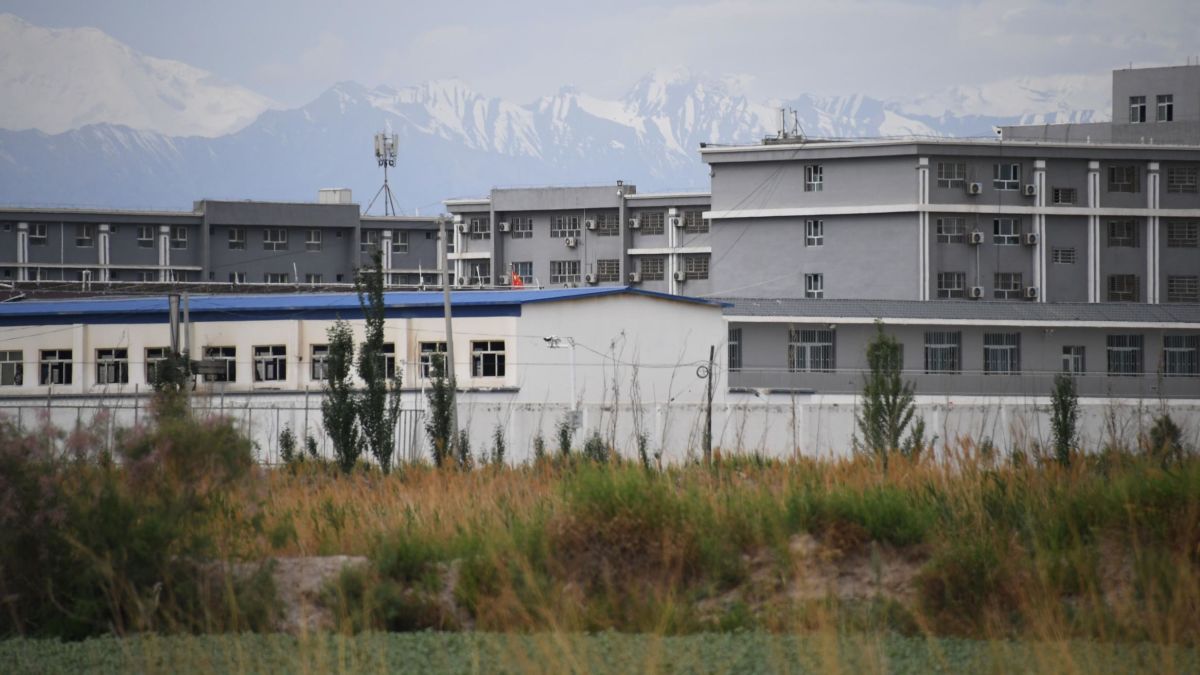Negotiations at the UN Madrid climate summit ended after two weeks without a crucial agreement on the global resolve towards addressing climate change.
The international negotiation session on climate change ended with an agreement among countries to take on more ambitious goals.
However, the Madrid climate summit failed to resolve the main issues on the table, like creating rules for trading carbon emissions credits and helping developing countries in the area of climate issues.
The climate summit had over 27,000 global delegates in attendance at the Spanish capital in December hoping to finalise the agreement on the Paris accord.
This accord would be settling on rules for carbon markets and other forms of international cooperation under Article 6 of the deal.
Antonio Guterres, the United Nations secretary-general has said he is disappointed with the results of COP25.
According to him, the international community lost a significant opportunity to show increased ambition on mitigation, adaptation and finance to tackle the climate crisis.
I am disappointed with the results of #COP25.
The international community lost an important opportunity to show increased ambition on mitigation, adaptation & finance to tackle the climate crisis.
But we must not give up, and I will not give up.
— António Guterres (@antonioguterres) December 15, 2019
Carolina Schmidt, Chilean environment minister and the conference president said the consensus was not a total failure, although it didn’t achieve its spelt out ambition. She noted that the next generations expect more from world leaders.
An expert has noted that the Madrid climate summit could not finalise outstanding issues in implementing the Paris climate accord, because many countries were facing a difficult time at the moment.
China, France, Chile, and India are facing civil unrest in their country, and the United Kingdom held a general election during the talks.
Ultimately, however, the Madrid climate summit was unable to reach consensus in many areas, pushing decisions into next year under “Rule 16” of the UN climate process.
Matters including Article 6, reporting requirements for transparency and standard timeframes for climate pledges were all punted into 2020 when countries are also due to raise the objective of their efforts.
COP26, slated for 2020 in Glasgow, will be an even more critical test as states’ accomplishments in carbon reduction are up for review on a 5-year basis, and new commitments will be made.
Problems the Madrid climate summit faced
According to experts, the question the Madrid climate summit witnessed was the fact that it wasn’t one summit, but three disconnected meetings happening in at the same time in the same city.
Firstly, the streets of the Spanish capital were filled with demonstrators clamouring for more government actions regarding climate change.
Secondly, accredited observers of the formal process gathered for conversations marked by real ambition and significant expertise.
Finally, formal diplomatic negotiations among state representatives were weighed down by various delays, ulterior motives, stalling tactics, and different political reluctance.
Notably, the sever connections between these three meetings prevented progress and success of the summit.
Common timeframes
One of the many matters pushed into next year was “common timeframes” for climate pledges. Ahead of the Paris COP21, countries submitted their “nationally determined contributions” (NDCs) in an ad hoc fashion, covering a range of timeframes out to 2025 or 2030.
At COP24 in 2018, parties had a “rich exchange of views”, but did agree that all NDCs should cover a “common timeframe” from 2031, with the number of years to be decided later.
The EU has a 10-year NDC to 2030 and has yet to begin the formal internal process of agreeing to update, which it has said it would deliver next year. It is said to favour deferring the decision over standard timeframes until later.







